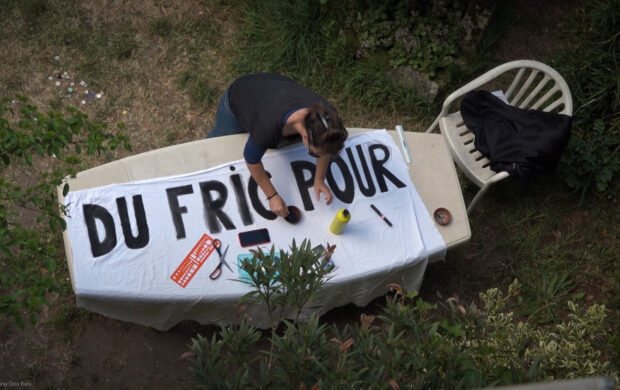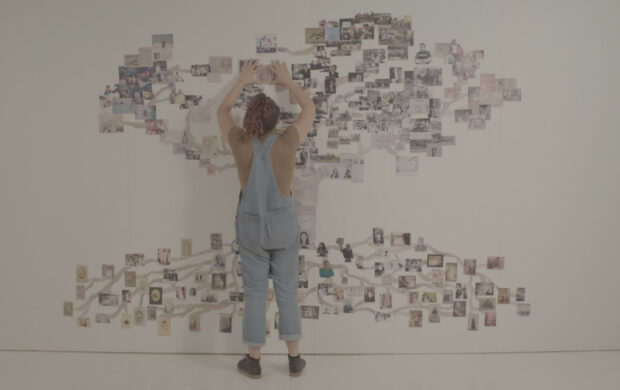
Popular Front(s)
Lire la suiteBreaking out of servitude means, first, looking life in the face, making the leap from one life into another in the present, here and now. It is certainly the desire for a new life that is driving Benoît and his friends, the protagonists of Pédale rurale (Country Queer). The same desire for a new life shared by the young Russian exiles in Dom, forced to leave their country, as were activists Marcia Tiburi and James Wyllys in Songs of Exile, their lives being endangered by their country’s dominant forces. Yet, exile has not immobilised them, they are inventing. Although they are banned from political action, all other actions are open to them, culture, creativity, friendship, love. This freedom is what Marcia Tiburi and James Wyllys construct during their exile. Joana Dos Reis and her wife Alice try experimenting with it at the height of the lockdown in Nos esprits sont comme occupés and this quest is also pursued by Emmanuelle Bidou throughout the journey recounted in her film Il a suffi d’une nuit. Because liberty means imagining that things can be different, breaking out of an established pattern, refusing repetition. This is the same movement followed by Colosal, Nayibe Tavares Abel’s personal and political inquiry into his country and family, two closely intertwined stories.
The personal is political, it is also global: the stories of people detained in camps by the French or Belgian administrations for want of a residence permit, as recounted by From Afar and Devant – Contrechamp de la retention, embody the abuses of a dominant system. The same system that locks up undocumented immigrants, locks down a whole country and finally dresses up Paris as a tourist amusement park for the span of the Olympic Games, as portrayed in Donatienne Berthereau’s J’entends que les sirènes.
The films brought together here all add to the critique of this dominant system and reveal the corruption, state violence, liberticidal laws, our governments’ lies, social injustice, persecution and ostracism. But above all, the films tell us that, facing this, when we might feel powerless, freedom means continuing to be alive. As Marcia Tiburi wrote to her friend: joy is a revolutionary force, living is a response!
Catherine Bizern

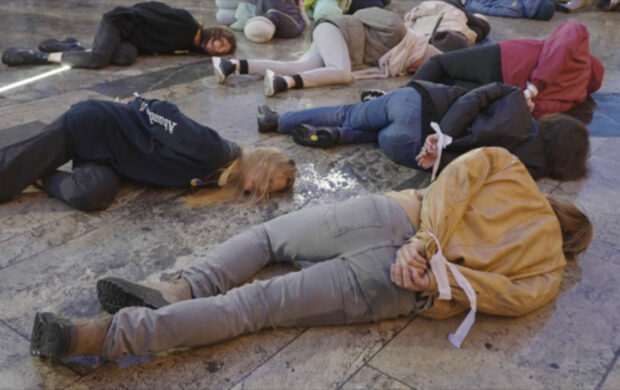
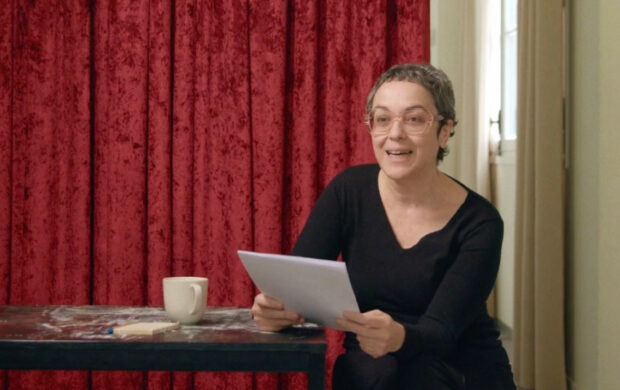
Songs of exile

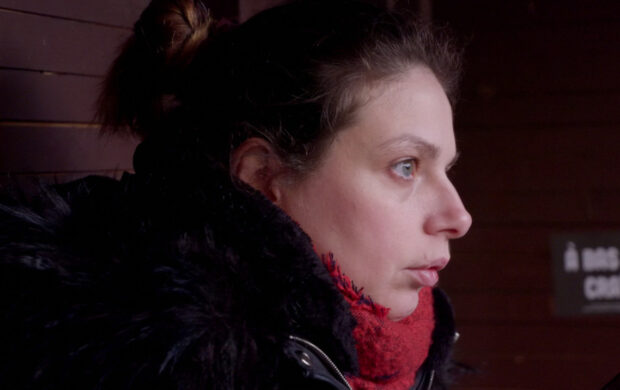
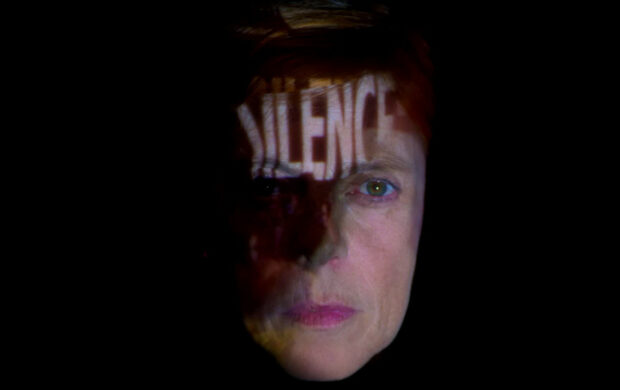
Just One Night
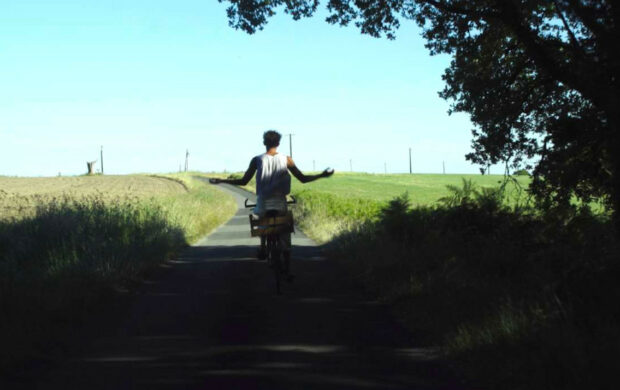
Country queer
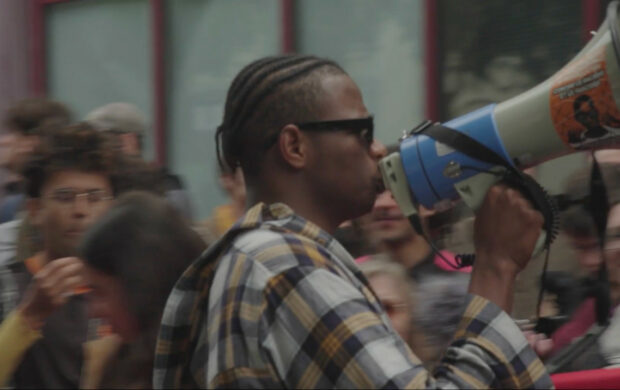
The sound of sirens
